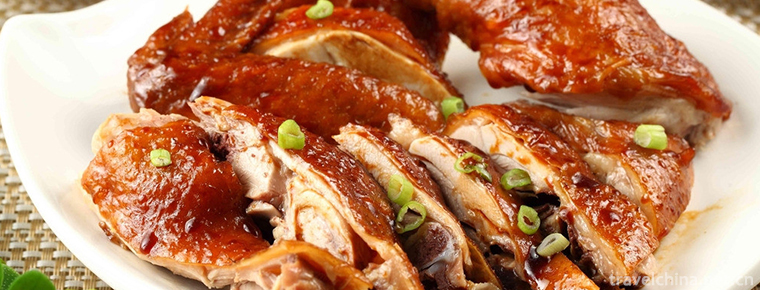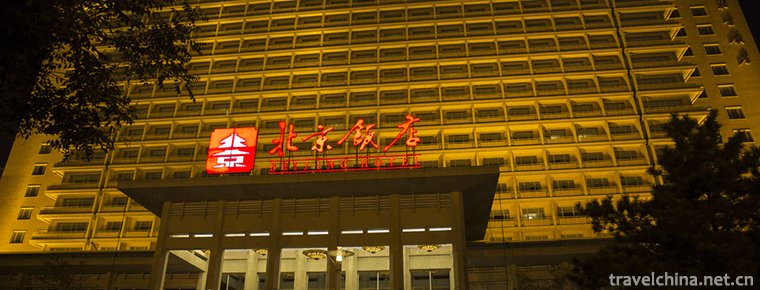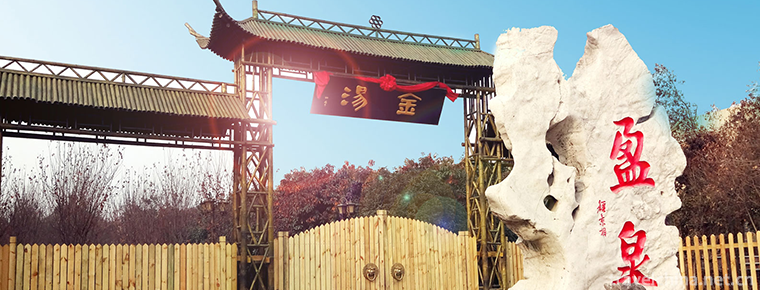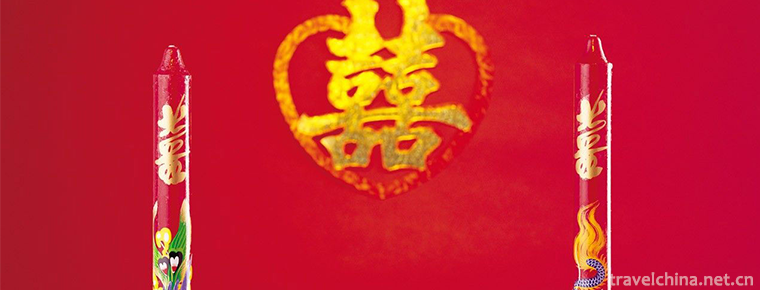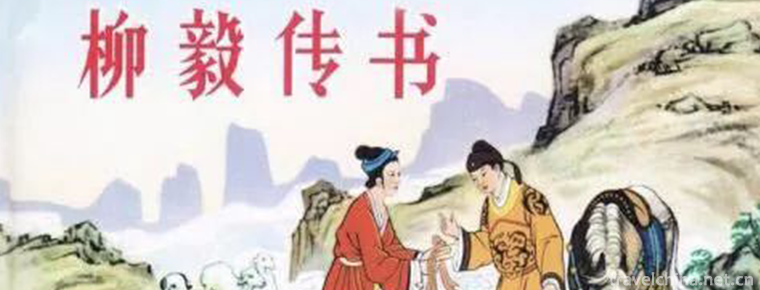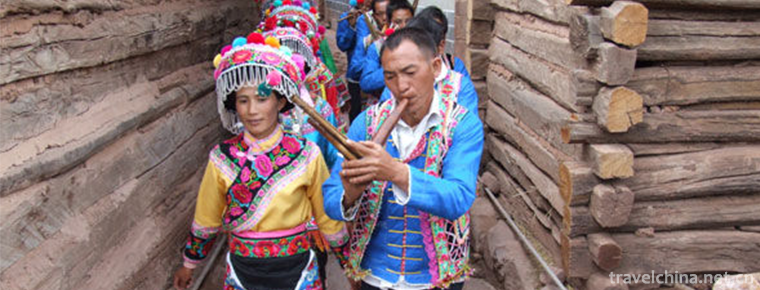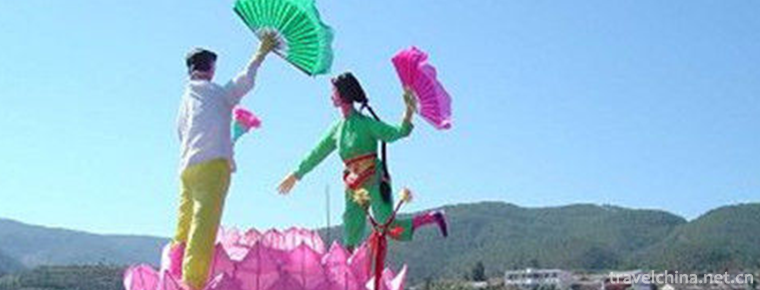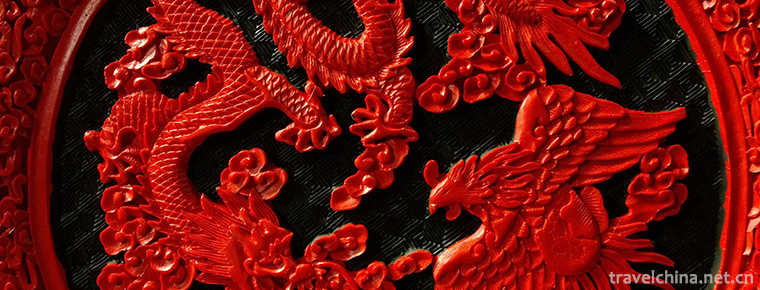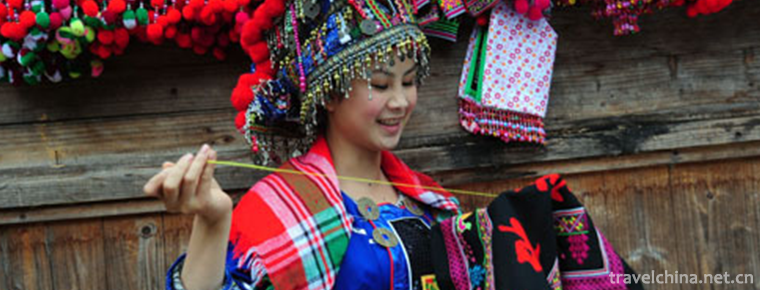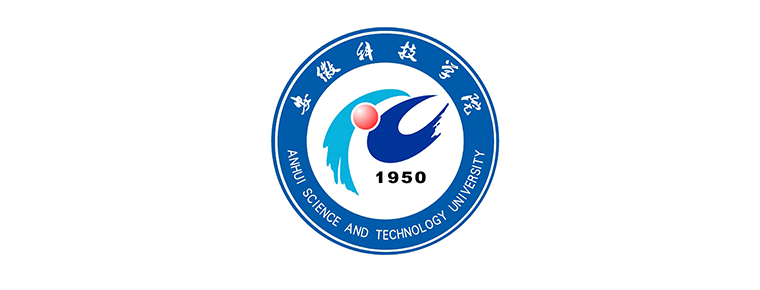Beijing Technology and Business University
Beijing Technology and Business University
Beijing University of Industry and Commerce is a multi-disciplinary university in Beijing. It was approved by the Ministry of Education in June 1999 by the merger of Beijing Institute of Light Industry and Beijing Business School, and the merger of the Institute of Management Cadres of Machinery Industry. Beijing Business College is subordinate to the Ministry of Commerce and the Ministry of Domestic Trade successively. Its predecessors are the National Supply and Marketing Cooperative Cadre School and the Central Commercial Cadre School. The All-China Supply and Marketing Cooperative Cadre School was established in early 1950, the Central Commercial Cadre School was built in 1953, and the All-China Supply and Marketing Cooperative Cadre School was merged into the Central Commercial Cadre School in 1958. In 1959, the Ministry of Commerce established the Central Business School with the approval of the State Council. In 1960, it was renamed the Beijing Business School. The Central Business Cadre School merged with the Beijing Business School. Beijing Business School was suspended in 1969 because of the "Cultural Revolution" and resumed enrollment with the approval of the State Council in 1978. Beijing Business College is one of the earliest institutions of higher learning specializing in training Economic and managerial talents after the founding of the People's Republic of China. It is the first batch of master's degree awarding units approved by the State Council. Beijing Institute of Light Industry, founded in 1958, is the earliest Light Industry College in China. In 1970, he moved to Xianyang City, Shaanxi Province. In 1978, he was approved by the State Council to rebuild the original site in Beijing. He was subordinated to the Ministry of Light Industry and China Light Industry Federation successively. He mainly trained senior specialized personnel for light industry. Established in 1982, the College of Management Cadres of Machinery Industry is affiliated to the Ministry of Machinery Industry. It mainly trains management cadres for the industry of Machinery Industry. Up to now, the school has trained more than 100,000 professionals at all levels and various types for the country.
After the merger and establishment, Beijing University of Industry and Commerce has entered a new period of development, and its comprehensive strength has been significantly enhanced. It has now developed into a multi-disciplinary university with mutual support and coordinated development of science, engineering, economics, management, arts, arts and other disciplines. It will strive to achieve distinctive characteristics in accordance with the eight-character policy of "characteristics, connotation, norms and quality". The development goal of high-level research universities.
In August 2003, approved by the 20th meeting of the Academic Degree Committee of the State Council, the school became a joint doctoral training unit. Since 2004, it has jointly recruited and trained doctoral students majoring in accounting with the Central University of Finance and Economics. In June 2007, the Ministry of Education assessed the undergraduate teaching level of general colleges and universities nationwide. In March 2008, the Ministry of Education convened a meeting of the National Committee of Experts on the Evaluation of Undergraduate Teaching Work in General Colleges and Universities. All members voted to determine that the evaluation results of undergraduate teaching work in Beijing Industrial and Commercial University were "excellent". In December 2012, additives and safety of school food (including health food) became the "Doctoral Training Program for Serving the Special Needs of the State", and the degree was awarded as "Food Science and Engineering". In September 2014, "Food Science and Engineering" was approved to set up a new post-doctoral research mobile station. In May 2018, with the approval of the 34th Meeting of the Academic Degree Committee of the State Council, the school became a doctoral degree conferring unit, and applied economics, food science and engineering were approved as the First-Level Discipline doctoral degree authorizing point.
The school now has 11 colleges and 1 teaching department, and has 2 national testing centers, 1 national experimental teaching demonstration center, 2 National virtual simulation experimental teaching centers, 1 National Engineering laboratory, 1 China-Canada Joint Laboratory of the Ministry of Science and Technology, 1 Beijing top-notch center, 4 Beijing key laboratories. One Beijing Laboratory, one Beijing University Engineering Research Center, one Beijing Engineering Research Center, two Beijing Research Bases, one provincial and ministerial collaborative innovation center, and four Beijing University Experimental Teaching Demonstration Center. There are two doctoral degree authorization points for the first-level disciplines in the school, serving the special needs of the country. One Bachelor Training Project, one Joint Training Doctoral Degree Authorization Point, 16 First-level Subject Master's Degree Authorization Points, 19 Master's Degree Authorization Points (including 7 Engineering Master's Professional Areas), 51 Undergraduate Majors, 4 Key Subjects in Beijing, 6 Key Construction Subjects in Beijing, and National Characteristic Specialty Construction There are 5 sites, 8 specialty construction sites with Beijing characteristics, 1 National Undergraduate Comprehensive Reform pilot, 1 specialty group construction and reform pilot, 3 specialty comprehensive reform pilot projects in Beijing, and 2 first-class specialties in Beijing universities. There are 13 postdoctoral students (including 6 co-trained), 35 doctoral students, 2410 master students, 11510 full-time undergraduate students in general higher education and 1280 adult education students.
The school covers an area of 820,000 square meters (1230.6 mu), of which 210,000 square meters are located in Fucheng Road Campus and 610,000 square meters are located in Liangxiang Campus. The total building area is 456,800 square meters, of which Fucheng Road Campus is 188,800 square meters and Liangxiang Campus is 258,000 square meters. The total value of fixed assets is 2.853 billion yuan. The total area of the library building is 25793.1 square meters. Up to now, there are 1782,000 copies of paper documents, 904 kinds of Chinese and foreign periodicals, 65 kinds of newspapers, 1988,000 copies of e-books and 107 databases in the library.
Since the Tenth Five-Year Plan period, we have seized the opportunity, actively expanded the space for running a school, continuously improved the basic conditions, completed key construction projects in Beijing, such as the reconstruction of Fucheng Road campus and the first phase of Liangxiang campus. The newly built Liangxiang campus covers an area of 258,000 square meters. In October 2004, more than 8,000 students entered the campus smoothly, and the first phase of Liangxiang campus construction has been completed. The completion of the project has provided a good learning environment for the healthy growth of numerous students and laid a solid material foundation for the leap-forward development of the school in the new era. During the Eleventh Five-Year Plan and the Twelfth Five-Year Plan, the school gradually improved the infrastructure conditions of Fucheng Road Campus and Liangxiang Campus. On December 29, 2017, the foundation-laying ceremony was held for the second phase of Liangxiang Campus New Construction Project. During the 13th Five-Year Plan period, the second phase of Liangxiang Campus New Construction Project was completed to achieve the goal of "integrating campus resources, optimizing school-running space and improving conditions".


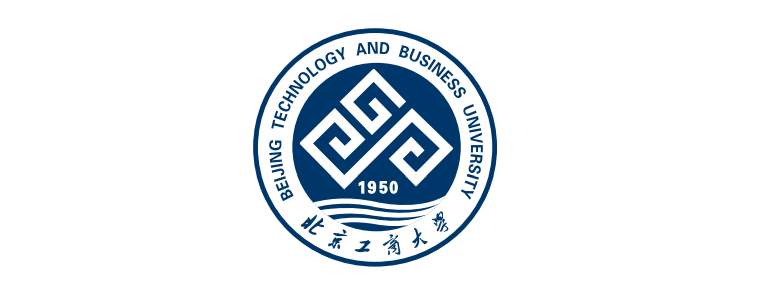
-
Red Cooked Chicken Daokou Style
Red-Cooked Chicken, Daokou Style is one of the traditional specialties. It is made by Yixing Zhang family roast chicken shop in Daokou Town, Huaxian County, Henan Province.
Views: 237 Time 2018-11-26 -
Beijing Hotel
Located in the center of Beijing, Beijing Hotel is adjacent to the former Imperial Palace and Forbidden City. It can reach Tiananmen, the Great Hall of the People.
Views: 228 Time 2018-12-14 -
The Siberian Tiger Park
Located on the North Bank of Songhua River, the Northeast Tiger Forest Park covers an area of 1.44 million square meters and is adjacent to the Sun Island Scenic Area. Among them.
Views: 167 Time 2018-12-19 -
Xinyingtai Eco Spa Resort
Yingtai Eco-Hot Spring Resort (Eco-Park) is located on the parallel road of Tengzhou City, Shandong Province. It is a comprehensive service enterprise integrating eco-catering.
Views: 180 Time 2019-02-26 -
Traditional Marriage Customs of the Han Nationality
The ancestors of the Han nationality believed that dusk was auspicious, so they would marry at dusk. Therefore, the etiquette of marriage was called "dusk rite", which later evolved.
Views: 196 Time 2019-05-02 -
Legend of Liu Yi
The legend of Liu Yi's biography is one of the oldest popular folklores in Chinese history. With Liang Zhu, Tianxian Pair and White Snake Legend, they are called the four legends of Chinese folklore. .
Views: 171 Time 2019-05-14 -
Mei Ge
Meige is the general name of Yi folk song and dance and folk oral literature. Its content is all-encompassing and almost reflects the history, culture, production and life of the Yi people. It is rega.
Views: 165 Time 2019-06-02 -
Midu folk songs
"Midu Folk Song" is the general name of the Han and minority folk songs in Midu County, Yunnan Province. Midu folk song is a multi-cultural complex system, which is the convergence and cohes.
Views: 126 Time 2019-06-04 -
Yangzhou lacquerware decoration skills
Yangzhou lacquerware painting process is cumbersome, the step is "batch putty scrape gray, brush paint and push light". During the Warring States Period, Yangzhou lacquerware decoration tech.
Views: 204 Time 2019-07-10 -
Yao embroidery
Yao embroidery is exquisite and delicate. Women practice flower-picking at the age of 6-7. When he grew up, he became a master of embroidery. Yao embroidery patterns are mainly used to represent trees.
Views: 141 Time 2019-07-11 -
Anhui Science And Technology University
Anhui Science and Technology University is located Anhui Province Chuzhou City Fengyang County and Bengbu City By the state Ministry of Education Approved full-time full-time undergraduate universitie.
Views: 187 Time 2019-10-10 -
Chinese Qiang Museum
Qiang museum is a local ethnic Museum, located in the south of Qiangxing street in Maoxian county. It was officially opened in 1988 when the Qiang traditional festival "Qiang calendar year". It is the only Qiang Museum in China..
Views: 102 Time 2020-11-06
